
Across the board YT Industries has offered a solid value on their direct-to-consumer bikes since they started, and this wallet-conscious “Base” build is no exception. With all of the same angles and lengths of the latest carbon YT Jeffsy, the 150/150mm aluminum Base 29er model is equally well shaped for modern trail riding. There is also a 27.5″ Jeffsy Base available for anyone who prefers that wheel size.
Having owned a first generation carbon YT Jeffsy, I was stoked to check out the refinements and to see how this affordable component-kit stacks up. While anyone might be excited by this Base aluminum bike, true trail beginners and veteran riders on a tighter budget are its target audience. The potential concerns and stoke points for those two groups are considered throughout the following review.
The frame
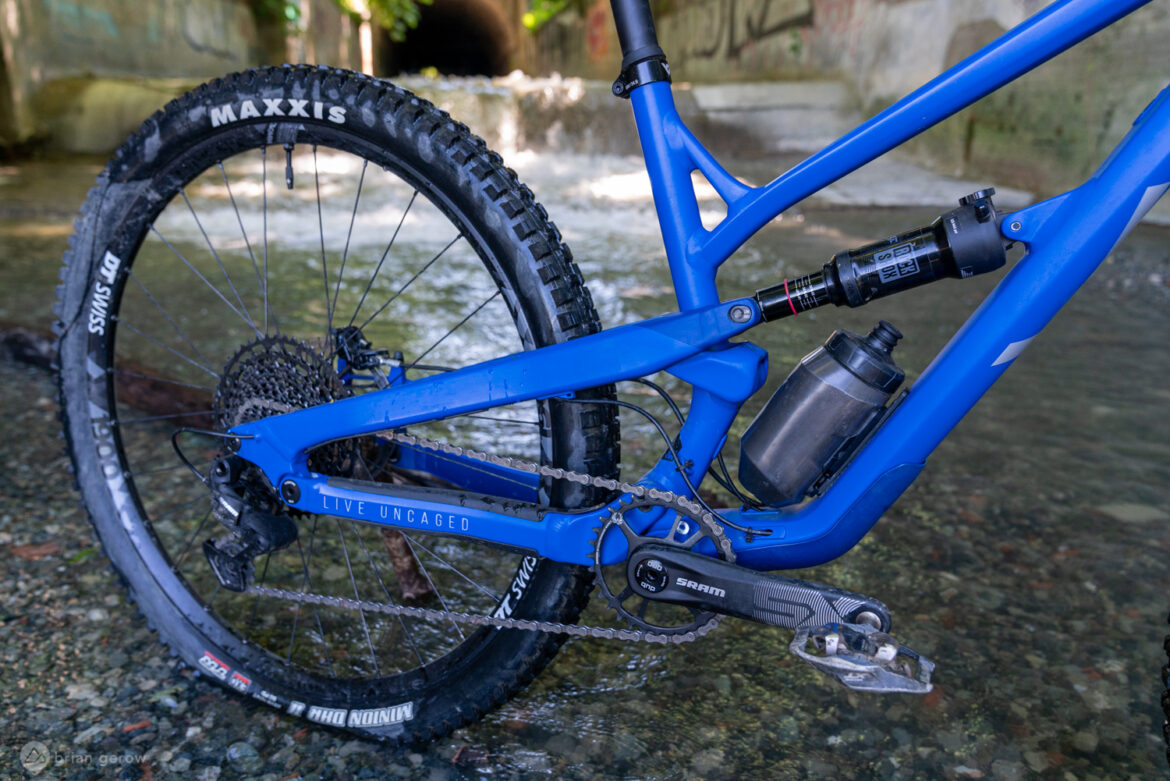
The geometry table for this bike shows all of the right digits for fun riding on modern trails at any desired speed. With the same angles as any other Jeffsy model, the frame won’t be a limiting factor. Medium bikes like this one use an industry average 450mm reach, 435mm chainstays, 66° or 66.5° headtube angle depending on where the flip-chip is pointing, 77° or 77.5° seat tube angle, and a pedal scrapin’ 32 or 24mm bottom bracket drop. With the 150mm Yari fork’s 42mm rake the axles span a reasonable 1204mm wheelbase.
It’s good to see bike brands matching key geometry numbers across their range, instead of keeping outdated angles on their more affordable bikes as many used to.
With a predictable and progressive Horst-Link suspension design, the YT Jeffsy rides decidedly well with a coil shock should riders prefer to use one. There is enough space in the frame for any external reservoir configuration, and with the 210 x 55mm shock measurement nearly every suspension brand makes a damper that will work for this bike.



Cable and hose routing on the aluminum frame is clean and quiet, and there is more than enough frame protection to keep the bike shiny and mostly quiet. The YT Jeffsy Base doesn’t come with a chain guide, and even in the bike park I didn’t manage to drop the chain, but there are mounts for whatever style of guide or bash guard you want to bolt up.



I rode this bike with a few different shocks to test different tunes, and the portly Fidlock bottle that YT includes fit well beneath all of them. Now that the shorter travel YT Izzo is out in the wild, with its vertically mounted shock creating space for a full-size bottle or frame bag, I’m intrigued to see if YT decides to maintain this current shock configuration on future iterations of the Jeffsy.
YT Jeffsy build

The component spec is where budget bikes typically lose a little luster. For the beginner crowd of riders who are just getting into the sport, the Jeffsy base offers a fantastic value from axle to axle. The suspension is simple and it plays well with the bike’s kinematics and character, and the Yari fork has performed flawlessly after an initial travel hiccup. The RockShox Deluxe Select shock is as straightforward as dampers come these days, with a sole rebound knob to cover external adjustments once the sag is set. It doesn’t leave much to confuse newer riders while they sharpen their skills and enjoy the trails.
For longtime mountain bikers on a budget, the Deluxe Select shock might feel somewhat under damped and it is notably limited in terms of adjustment. I had to run it with very little sag to keep from bottoming out, which resulted in a rougher shred overall. Once I swapped in a prototype coil shock that I’m currently testing the ride felt far better and I was able to tune in the traction and pop that I suspected the bike was capable of. Since this is an expensive component to upgrade, it may be worth saving up for the Jeffsy 29 Comp build that comes with a far more tunable and capable Fox DPX2 shock and a load of other upgrades for $/€2999.

Newer riders and veterans alike may take issue with the SRAM Guide T brakes on this build. Despite grabbing a 180/200mm rotor combo, these stoppers feel dangerously underpowered for the kind of riding that this bike is capable of. In terms of honing skills and learning to cut speed properly, these are not the brakes I would want to start out on. Folks who ride anything steep will likely want to upgrade their front brake at the very least, and potentially also the rear. I have ridden lightweight two-piston brakes that feel more powerful than these, and I ended up swapping in a Formula Cura4 up front after only a few runs as I didn’t want poor braking power to taint the whole review.

The SRAM NX Eagle 12-speed drivetrain worked flawlessly throughout, as did the ever-reliable DT Swiss wheelset. Apart from swapping out the brakes and potentially the shock, the only other piece of kit I would change are the tire casings — as I almost always would on a stock build. The bike comes with a stellar set of Minion DHR II tread front and rear, and their square profile offers solid grip for nearly any trail conditions. The trouble is, they both use the lighter EXO casing, that may deliver insufficient puncture protection depending on the trail surfaces you frequent. I would love to see more brands employing an EXO+ or DoubleDown casing (or any tire brand’s equivalent gravity casing) on the rear tire, with something a touch lighter to complement it up front. If this bike is ridden anywhere near its limits on a proper gravity track, the stock tires either have to be over-inflated or swapped.

All of the Jeffsy Base models come equipped with the brand’s Postman dropper. Small through medium frames get a 125mm post, larges take a 150mm, and the XL frame has a 170mm post slid into place. I was already somewhat accustomed to the shorter 125mm dropper after riding the Mondraker Foxy RR earlier this year with the same amount of post travel, and my inner thighs have the bruises to prove it. Though the Postman dropper works as well as most other up-downers, I would love to have had a 150mm or 170mm dropper on this bike.
Riding the YT Jeffsy

Well, first the bike has to be unboxed and build up. As you can expect with YT, the Jeffsy was quick and easy to assemble, and anyone with a multitool and basic bike mechanic knowledge could do the job in 10-15 minutes. The frame is well protected during shipping, and all of the components arrived unscathed and largely encased in recyclable packaging.
I did run into one issue upon setup. The RockShox Yari RC fork wouldn’t extend to full travel no matter how much pressure I pumped in. I tried a few different tricks to get the positive and negative chambers to equalize, removing the air valve cap and jerking the fork apart to open the equalizing port — then inflating to max pressure. No dice. The fork would only extend to about 138mm. I contacted YT and, after a troubleshooting chat, they swapped the Yari out for another one. Problem solved.
My first impression, once the front brake was swapped out, was that this is an unmistakably comfortable bike to ride, and it took very little time to feel at home atop the saddle. The suspension progression is smooth and predictable, even with it set up a little oversprung for my weight. With no climb switch to speak of, the low sag measurement meant that the bike had just the right amount of rear axle movement to maintain traction on the way uphill.
At 15.2Kg (33.5Lbs) without pedals, the Base build isn’t a light ride, but the bike climbs exceptionally well for its heft and heavy-traction tread. Its 77° seat tube angle (low position) moves the rider’s weight forward, creating a sweet spot for rear tire grip and front wheel direction. The 66° headtube angle doesn’t seem to let the fork wander much at all, and the bike grunts along impressively through rooty, technical ascents. I don’t typically mention saddles in mountain bike reviews, as no one’s pelvis is shaped exactly like mine, but the SDG YT Custom platform is more comfortable to push against while climbing than a lot of stock butt boards.
Given the Jeffsy’s long vetted Horst Link platform, I would expect very little pedal bob or pedal kickback to speak of. That’s precisely what I found. Even with a high-end coil shock switched fully open the bike climbs smoothly, with no noticeable trampoline effects to nauseate the rider. While nearly all full suspension bikes produce some chain growth as the rear axle moves through its travel, the feedback at the pedals on this bike is negligible. That could be due in part to the slightly wider angle of engagement in the DT Swiss freehub driver, allowing the cassette to rotate a few degrees with the chain growth instead of translating that energy to the cranks.
Descending on the Jeffsy Base is just as comfortable and familiar feeling as ascending. The 150/150mm travel balance rides like it wants you to give up on longer travel bikes, smoothing the ground admirably, without the soft and wallowy sensation that some longer, single-crown-basically-DH bikes are known for. While I did find the limits of the platform on rough DH tracks in the bike park, it was still a lot of fun to ride and huck off the same features and trails I would take my enduro bike down. With its low BB height, the Jeffsy Base might be a good candidate for a slightly longer 160mm fork for anyone who wants to send it harder.
The suspension performed well under heavy braking into turns and steep chutes. Having tested the bike with both, I prefer the overall feel of the Jeffsy with a coil shock, though much of the same benefits could be achieved with a more tunable air shock.
In terms of stiffness, the aluminum frame, DT Swiss wheels, and Yari fork offer a fairly sharp tool to toss into loose corners and aim between trees. At my current weight of about 68kg (149lbs) I don’t need a bike to be much stiffer than this one. A carbon fiber front rim and larger fork stanchions can always add steering precision, and occasionally even open up line choices at speed, but the overall flex and stiffness ratio of this bike is spot on for most riders to enjoy. Compared to the Gen1 carbon Jeffsy, the rear end of this bike is far stiffer, and the suspension platform feels equally better.
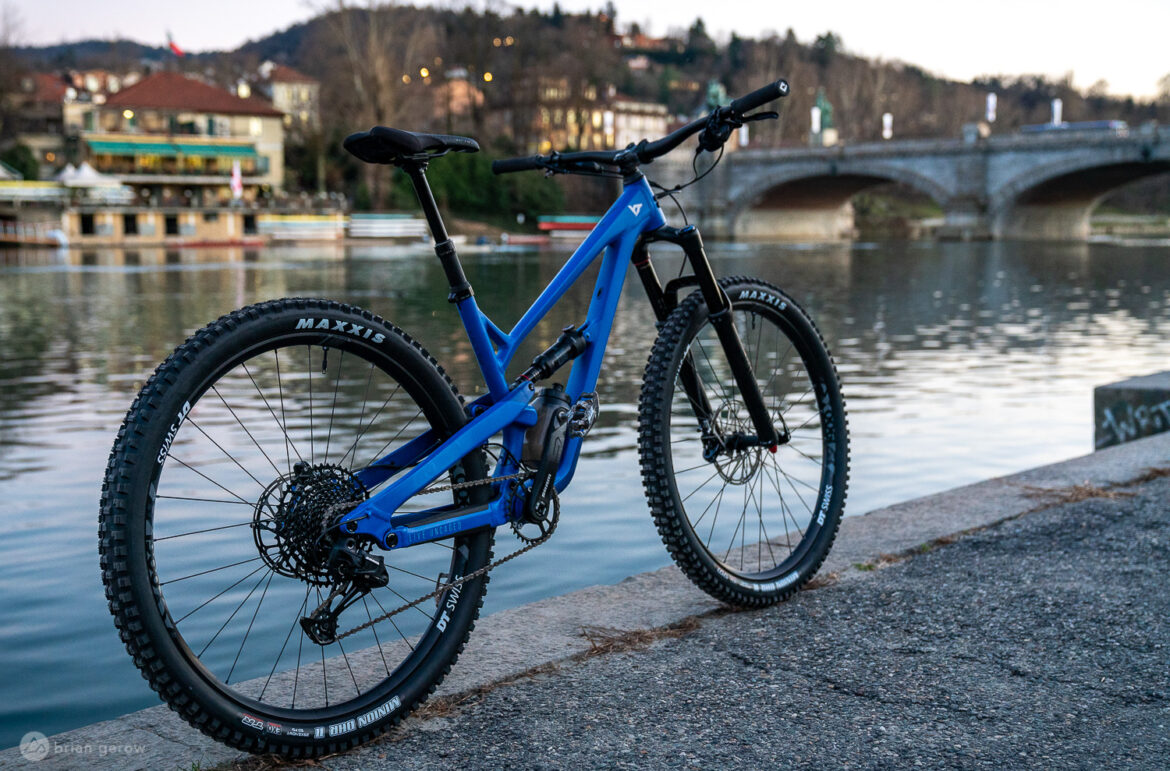
Bottom line
Barring the underpowered stock brake setup, the YT Jeffsy Base is a great value for newer riders, and folks looking to get into their first legit trail machine at $/€2,299. The few upgrades it does need will last a long time, and with its sweet set of angles, the Jeffsy base should keep its pilot rolling happily for a long while. Vested mountain bikers will want to consider the terrain they plan to ride, and the skills they hope to improve before purchasing this model. For many of us with callused palms and broken bone x-ray collections, this Base model could be a wonderful opportunity to update our frame geo and swap in preferred parts as the paychecks allow.

Thanks to YT Industries for loaning the Jeffsy Base for testing.





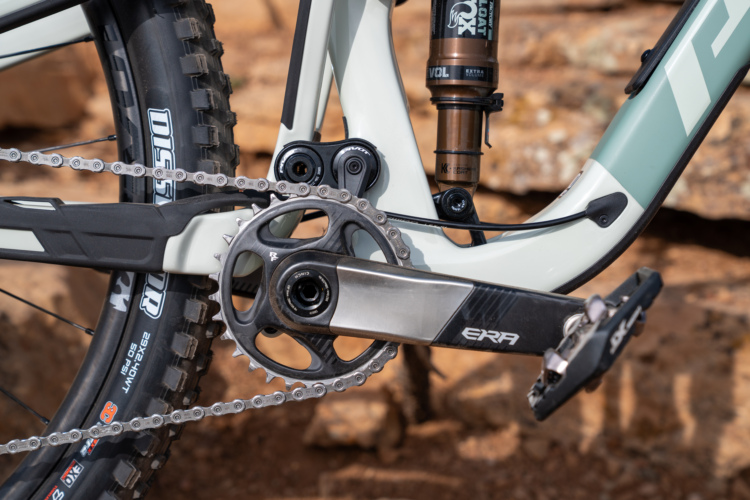
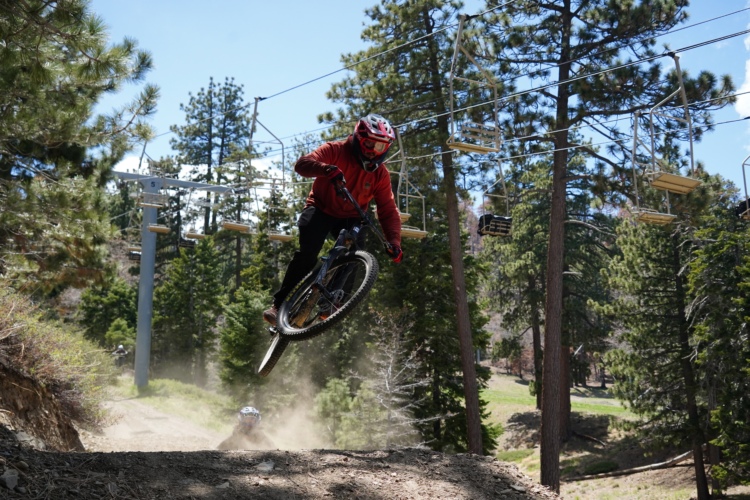
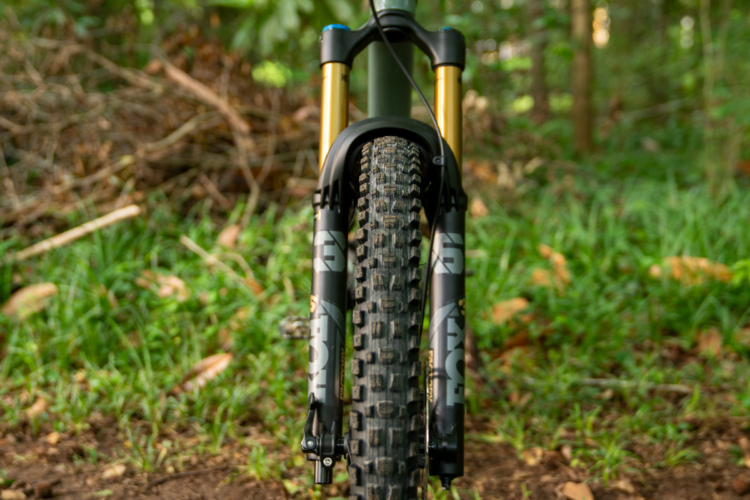
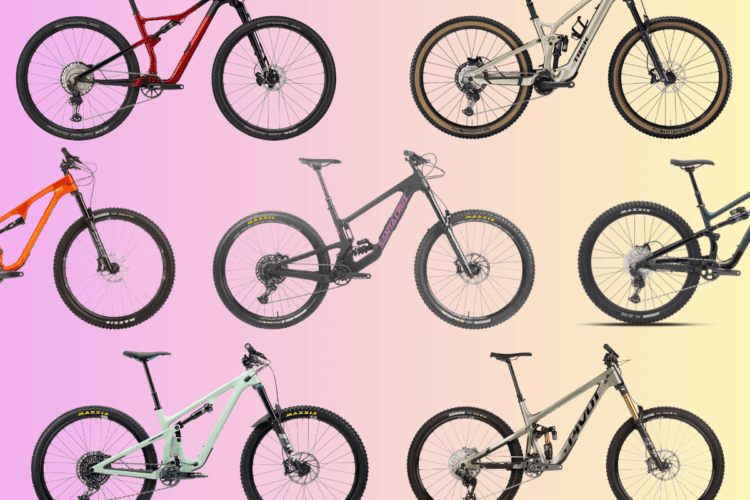

0 Comments